Latino
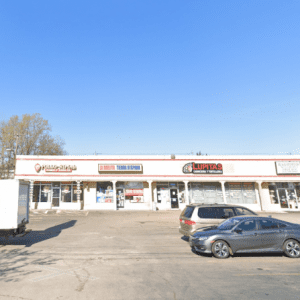
Charlotte region’s Hispanic population grows at a rapid pace
Driving down South Boulevard or Central Avenue, it’s easy to see the influence of Hispanic and Latino communities in the shops, taquerias and lavanderias that line both roads. It is perhaps an updated version of the historical image of immigration to the United States, not one of tightly packed tenements and ethnic enclaves in the […]

Myths about closing the racial wealth gap
This is the seventh and final article in a series, based on a report by the Urban Institute. The report was compiled with support from Bank of America, which partners with the UNC Charlotte Urban Institute and the Institute for Social Capital on research that provides insight into community initiatives. Join us Wednesday at 7:30 […]

Savings, investment and racial wealth gap over generations
This is the sixth article in an ongoing series, based on a report by the Urban Institute. The report was compiled with support from Bank of America, which partners with the UNC Charlotte Urban Institute and the Institute for Social Capital on research that provides insight into community initiatives. Join us Wednesday at 7:30 p.m. […]
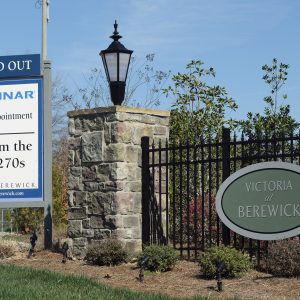
Home ownership and the legacy of redlining: Charlotte’s racial wealth gap
This is the third in an ongoing series, based on a report by the Urban Institute. The report was compiled with support from Bank of America, which partners with the UNC Charlotte Urban Institute and the Institute for Social Capital on research that provides insight into community initiatives. Join us Wednesday at 7:30 p.m. on […]
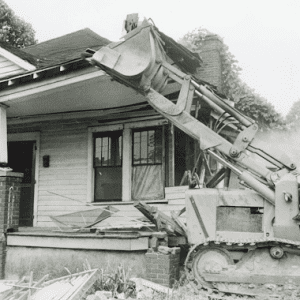
The historical roots of the racial wealth gap in Charlotte
This is the second in an ongoing series, based on a report by the Urban Institute. Read Part 1 here. The report was compiled with support from Bank of America, which partners with the UNC Charlotte Urban Institute and the Institute for Social Capital on research that provides insight into community initiatives. Join us each […]
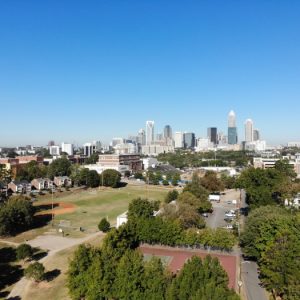
COVID-19 exposes the impact of the racial wealth gap
This is the first in an ongoing series, based on a report by the Urban Institute. Read Part 2 here. The report was compiled with support from Bank of America, which partners with the Charlotte Urban Institute and the Charlotte Regional Data Trust on research that provides insight into community initiatives. By James E. Ford, […]
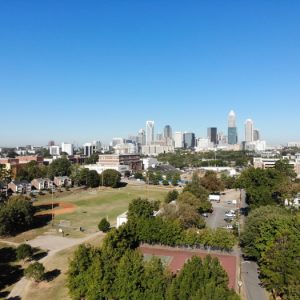
The impact of the racial wealth gap in Charlotte-Mecklenburg
This is the first in a series, based on a report by the Charlotte Urban Institute. Read Part 2 here. The report was compiled with support from Bank of America, which partners with the Charlotte Urban Institute and the Charlotte Regional Data Trust on research that provides insight into community initiatives. By James E. Ford, […]

Our population is more concentrated in cities — and increasingly diverse
There’s a common narrative about people in rural areas seeking opportunities: they should go to the big city and leave the country behind. Rural counties are often seen as hollowed out or in decline, while cities and their adjacent suburbs boom. While population in the Carolinas Urban-Rural Connection study area has become much more concentrated […]

Immigrants play a big role in Charlotte’s growth, new study shows
Almost one in six Mecklenburg residents were born outside the U.S., and immigrants make an outsized contribution to the local economy and many key industries. That’s according to a new study examining the economic impact of immigration in the “Gateways for Growth” series. Conducted by the pro-immigration think tank New American Economy, in partnership with […]
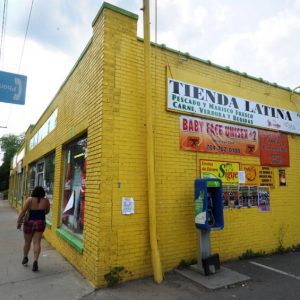
Mapping ‘Latino’ in the Charlotte region
The term “Latino,” like “Hispanic,” covers many different countries and cultures. With the opening last month of the exhibit “¡NUEVOlution!: Latinos and the New South,” at Charlotte’s Levine Museum of the New South, and with National Hispanic Heritage Month taking place in the first part of October, the UNC Charlotte Urban Institute looked at the […]